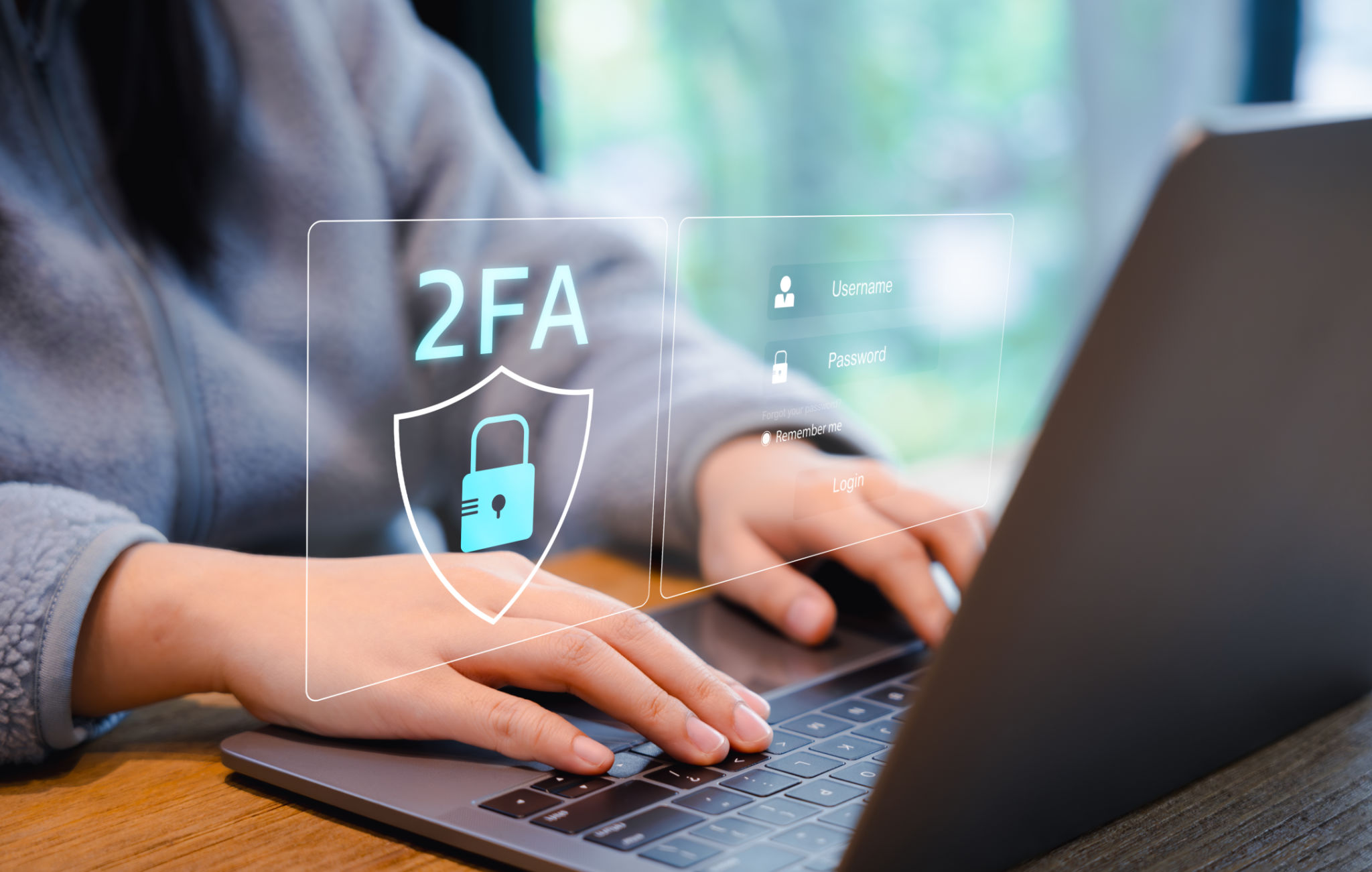DIY Tips for Enhancing Cloud Security: A Beginner's Guide
Understanding Cloud Security
As more businesses and individuals transition to cloud computing, ensuring the security of data stored online has become a crucial task. For beginners, understanding the basics of cloud security is the first step towards protecting sensitive information. Cloud security involves a set of policies, controls, and technologies that work together to protect cloud-based systems, data, and infrastructure.

While many cloud service providers offer robust security measures, it's essential for users to take additional steps to safeguard their data. Implementing DIY security enhancements can provide an extra layer of protection against potential threats.
Implement Strong Password Policies
The first line of defense in cloud security is having strong passwords. A robust password policy requires users to create passwords that are long, complex, and unique. This means avoiding easily guessed passwords like "123456" or "password." Consider using a combination of uppercase and lowercase letters, numbers, and symbols.
Additionally, changing passwords regularly and using a password manager to store and generate passwords can significantly enhance security. Remember, the strength of your password can be the difference between a secure account and a compromised one.
Enable Two-Factor Authentication (2FA)
Two-factor authentication adds an extra layer of security by requiring a second form of verification in addition to your password. This could be a code sent to your mobile device or an authentication app. Enabling 2FA ensures that even if someone obtains your password, they still cannot access your account without the second verification factor.

Many cloud services offer 2FA as an option, and it is highly recommended to activate this feature wherever possible. It provides peace of mind knowing that your data is secured with more than just a password.
Regularly Update Software and Applications
Keeping software and applications up to date is a critical aspect of cloud security. Software updates often include patches that fix vulnerabilities discovered in previous versions. By neglecting updates, you leave your systems exposed to potential attacks.
- Enable automatic updates for cloud applications and operating systems.
- Regularly check for updates on software that doesn't update automatically.
Staying current with updates helps protect your data from new threats and exploits.
Utilize Encryption for Data Protection
Encryption is one of the most effective ways to protect your data in the cloud. It converts your data into a code that can only be accessed with a decryption key. When storing sensitive information, ensure that both data at rest and data in transit are encrypted.

Many cloud providers offer encryption services; however, it's wise to understand how these services work and whether additional encryption solutions are necessary for your specific needs.
Conduct Regular Security Audits
Regularly auditing your cloud environment enables you to identify potential vulnerabilities and address them proactively. Security audits involve reviewing access logs, checking for unusual activities, and assessing the effectiveness of current security measures.
- Conduct periodic reviews of user permissions and roles.
- Analyze access logs for any suspicious activity.
- Evaluate the effectiveness of security protocols in place.
These audits ensure that your security measures remain robust and effective over time.
Create Backups of Crucial Data
Data loss can occur due to various reasons such as cyberattacks, accidental deletions, or system failures. Regularly backing up your critical data ensures that you can quickly recover it in case of any unforeseen events.
Consider using a combination of local and cloud backups for redundancy. This dual approach ensures that you have access to your data even if one backup source fails.
Educate Yourself and Your Team
A well-informed team is less likely to make mistakes that compromise security. Providing ongoing training about the latest security threats and best practices can significantly reduce the risk of breaches.

Fostering a culture of security awareness within your organization helps create a proactive defense against potential cyber threats. Encouraging open communication about security concerns can also lead to quicker resolutions and stronger overall protection.
